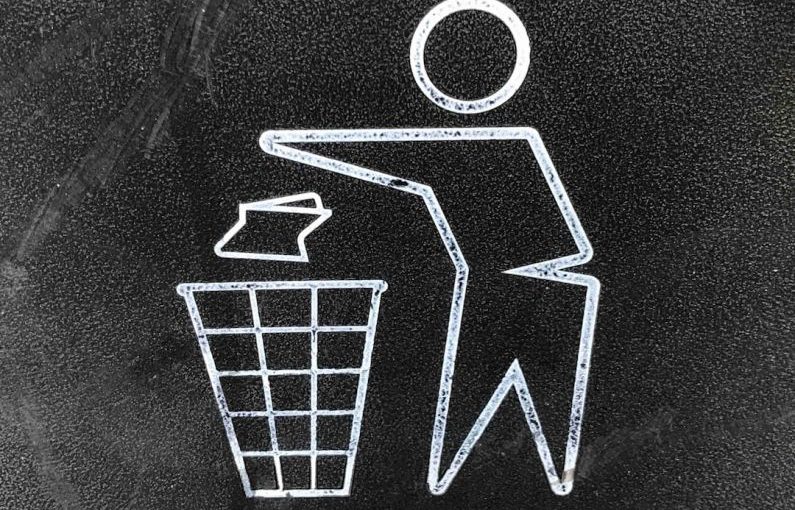Food waste is a global issue that affects both the environment and economy. According to the United Nations Food and Agriculture Organization, around 1.3 billion tons of food are wasted annually worldwide. This wastage not only contributes to greenhouse gas emissions but also results in the loss of valuable resources. In recent years, there has been a growing focus on finding innovative solutions to tackle the problem of food waste. Various technologies and strategies have emerged to address this issue, revolutionizing the way we manage and reduce food waste.
Technological Innovations in Food Waste Management
One of the key areas where innovation is making a significant impact is in the development of technologies to better manage food waste. From smart bins equipped with sensors to monitor and control waste levels to advanced composting systems, technology is playing a crucial role in streamlining the process of food waste management. For instance, companies like Winnow and Leanpath have developed software that helps commercial kitchens track and reduce food waste by analyzing data and providing insights on where waste is occurring.
Another exciting development in food waste management is the use of anaerobic digestion technology. This process involves breaking down organic waste in the absence of oxygen to produce biogas, which can be used as a renewable energy source. Anaerobic digestion not only helps in reducing food waste but also provides a sustainable way to generate energy, contributing to a circular economy approach.
Collaborative Initiatives and Partnerships
In addition to technological advancements, collaborative initiatives and partnerships are playing a vital role in driving innovation in food waste management. Organizations, businesses, and governments are coming together to share knowledge, resources, and best practices to address the issue collectively. For example, the Food Loss and Waste Action Partnership, a coalition of governments, businesses, and other stakeholders, is working towards halving food loss and waste by 2030 through collaboration and shared goals.
In the retail sector, partnerships between supermarkets and food banks have been successful in redistributing surplus food to those in need. By working together, these organizations are able to divert edible food from landfills and instead channel it to communities facing food insecurity. Such partnerships not only help in reducing food waste but also contribute to addressing hunger and poverty.
Consumer Education and Behavioral Change
Consumer education and behavioral change are also crucial aspects of effective food waste management. Innovations in this area focus on raising awareness about the impact of food waste and empowering individuals to make more sustainable choices. Apps like Too Good To Go and OLIO allow consumers to rescue surplus food from restaurants and stores at discounted prices, reducing waste and saving money.
Furthermore, educational campaigns and initiatives are helping to change attitudes towards food waste. By educating consumers about the importance of meal planning, proper storage, and portion control, these programs aim to instill a culture of mindfulness and responsibility when it comes to food consumption.
Sustainable Packaging Solutions
Packaging plays a significant role in food waste generation, with single-use plastics and non-recyclable materials contributing to environmental pollution. Innovations in sustainable packaging solutions are helping to reduce waste and minimize the environmental impact of packaging. Biodegradable packaging made from plant-based materials, reusable containers, and packaging-free stores are some of the innovative approaches being adopted to address this issue.
Conclusion: A Call for Continued Innovation
Innovation in food waste management is essential for creating a more sustainable and efficient food system. By harnessing technology, fostering collaborations, promoting consumer education, and adopting sustainable packaging solutions, we can work towards reducing food waste and building a more resilient food supply chain. It is imperative that we continue to innovate and explore new ways to address the challenges posed by food waste, ensuring a better future for both the planet and its inhabitants.





